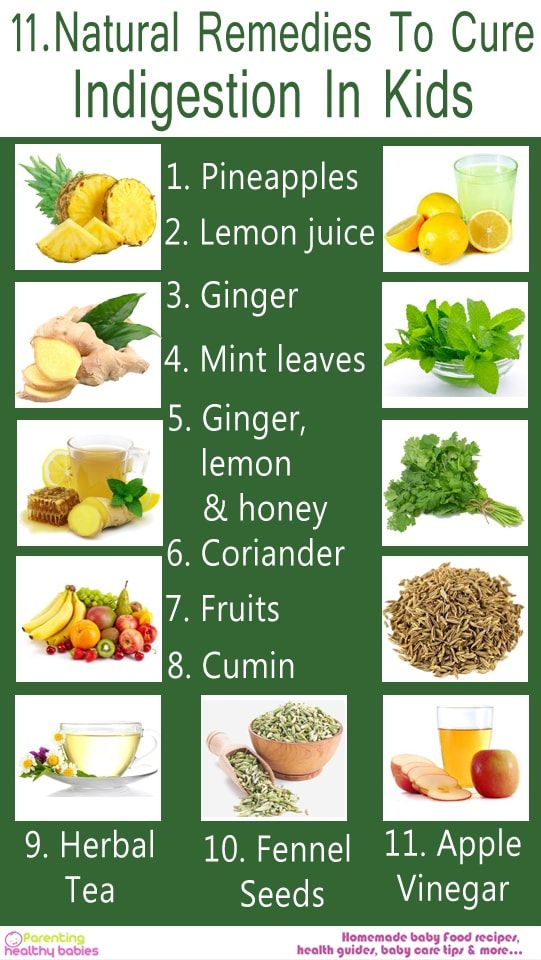
People with indigestion can avoid eating fatty foods and citrus fruits. The U.S. government does not endorse any specific commercial products or companies. The trade names are used only to indicate the appropriateness of the information presented. Omission does not imply that a product is unsatisfactory. The NIDDK, part of the National Institutes of Health, offers free medical advice. You can contact them by email or call 1-866-265-9089.
Symptoms of indigestion include abdominal pain, nausea, bloating, and chest pain. Often, these symptoms are accompanied by a feeling of fullness. Some people also feel nauseous, sluggish, or have a tight feeling in their stomach. The first step in treating indigestion is visiting your doctor. Your doctor may prescribe medications or suggest a different diet plan. In some cases, lifestyle changes may be necessary.
If you’re suffering from indigestion, you should see a doctor. Depending on the cause, you may need to undergo a physical exam, have a stomach X-ray, or other tests. Your doctor may prescribe medication or recommend changes to your diet. If you suspect a disease, you should avoid fatty foods, drink plenty of water, and avoid eating right before a sports event. This can lead to indigestion.
If you’re experiencing abdominal discomfort, visit a doctor. Your healthcare provider will discuss your medical history and examine your lifestyle to determine the best course of treatment. If you think you’ve had indigestion for a long time, he or she may recommend a different diet or lifestyle change. Your healthcare provider may prescribe medications or suggest lifestyle changes. To avoid indigestion, try eating small amounts of food, relax, and drink water.
Indigestion is a common problem that can occur in almost anyone. Some causes include too much food or too fast-paced eating, alcohol consumption, and smoking. Your healthcare provider may also suggest an assessment of your lifestyle to rule out underlying diseases. If your symptoms are caused by a condition that affects your digestive system, you should consult with a healthcare professional. Otherwise, you can try changing your diet and lifestyle to help your body heal itself.
In many cases, indigestion is a symptom of a problem with your digestive system. If you’re feeling uncomfortable, you should consult a doctor for a diagnosis. Your healthcare provider may recommend lifestyle and diet changes to help relieve your symptoms. If the problem is caused by an illness, you should visit a medical specialist to get a proper treatment. In some cases, a medical examination is necessary to rule out any further complications.

If your symptoms persist for a long time, you should contact your doctor. He or she will examine your stomach and recommend treatment for your upset stomach. Your health care provider may prescribe medication or change your diet. As a temporary solution, you may need to change your diet or exercise more. Your health care provider may prescribe medication or prescribe a natural remedy. The easiest way is to try to reduce the amount of fatty foods and eat slowly.
If you have persistent indigestion, you should see your doctor. Your doctor will review your medical history and lifestyle to determine if your condition is treatable. If you feel full after eating, you may also feel nauseous. Be sure to note the time of day when you experience indigestion. In addition, your doctor may perform a physical examination. The doctor may also listen to sounds coming from your stomach.
In case of indigestion, you should consult a doctor as soon as possible. You may need to have an x-ray of your stomach and other tests. Your doctor may prescribe medication or recommend dietary changes. In the meantime, you should relax and avoid fatty or fried foods. After that, drinking too much alcohol should be avoided. A healthy diet can help relieve indigestion. You should also drink plenty of water.
Symptoms of indigestion vary from person to person, depending on the cause. However, symptoms may include pain or bloating in the upper abdomen, abdominal cramps, and a burning sensation. The health website Sagg2019.com
can recommend medications to help relieve your symptoms. Patients with gastrointestinal disorders should also see a doctor if their indigestion persists and causes other symptoms. In some cases, indigestion is caused by a specific disease or abnormality in the digestive tract.
About the author